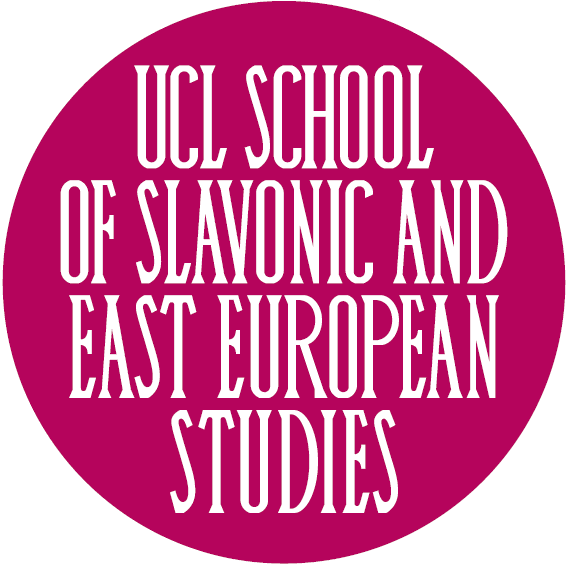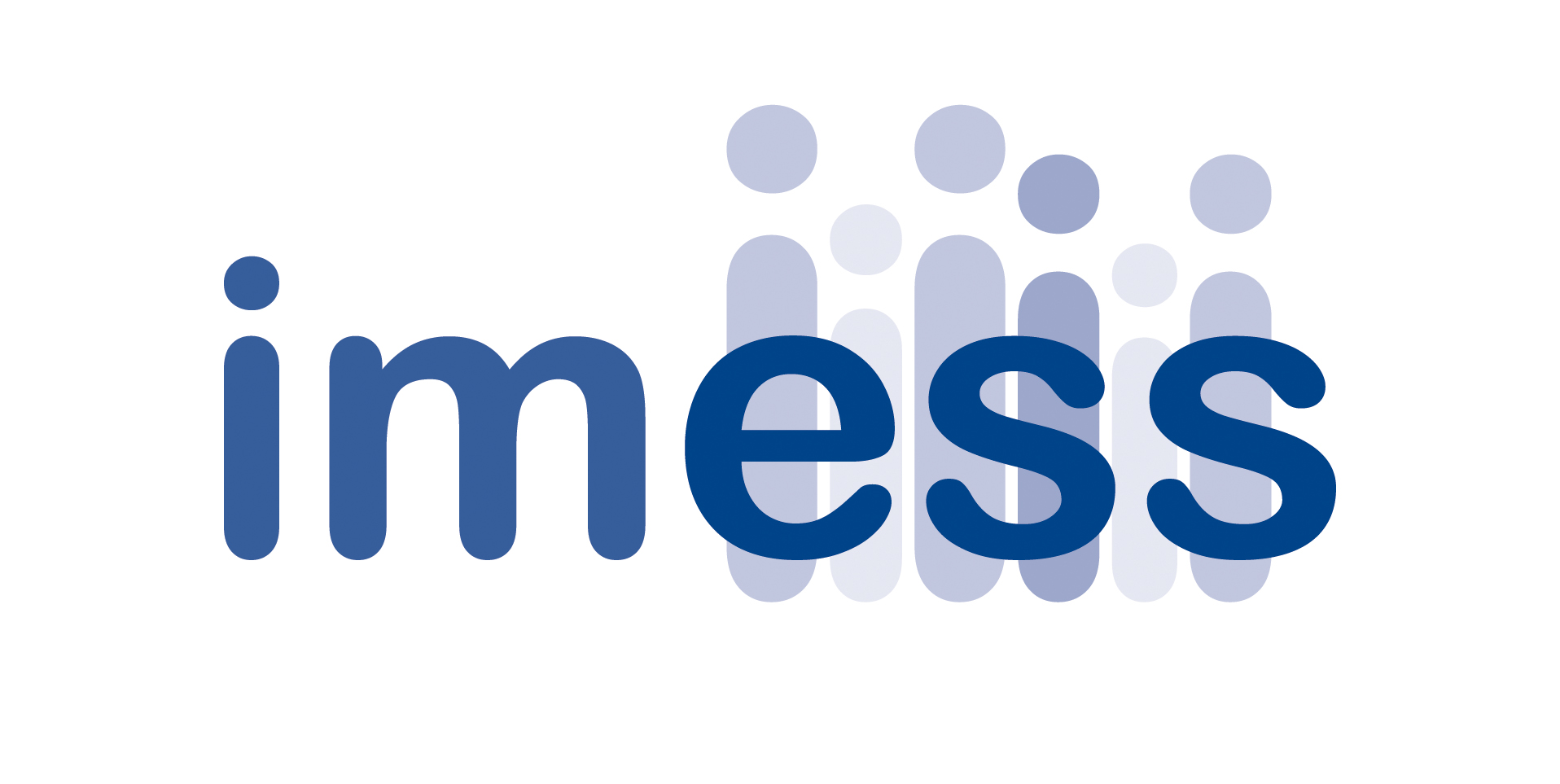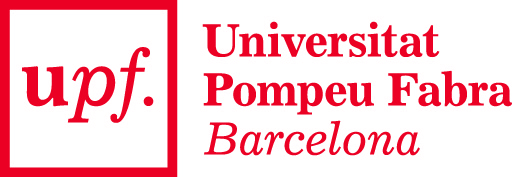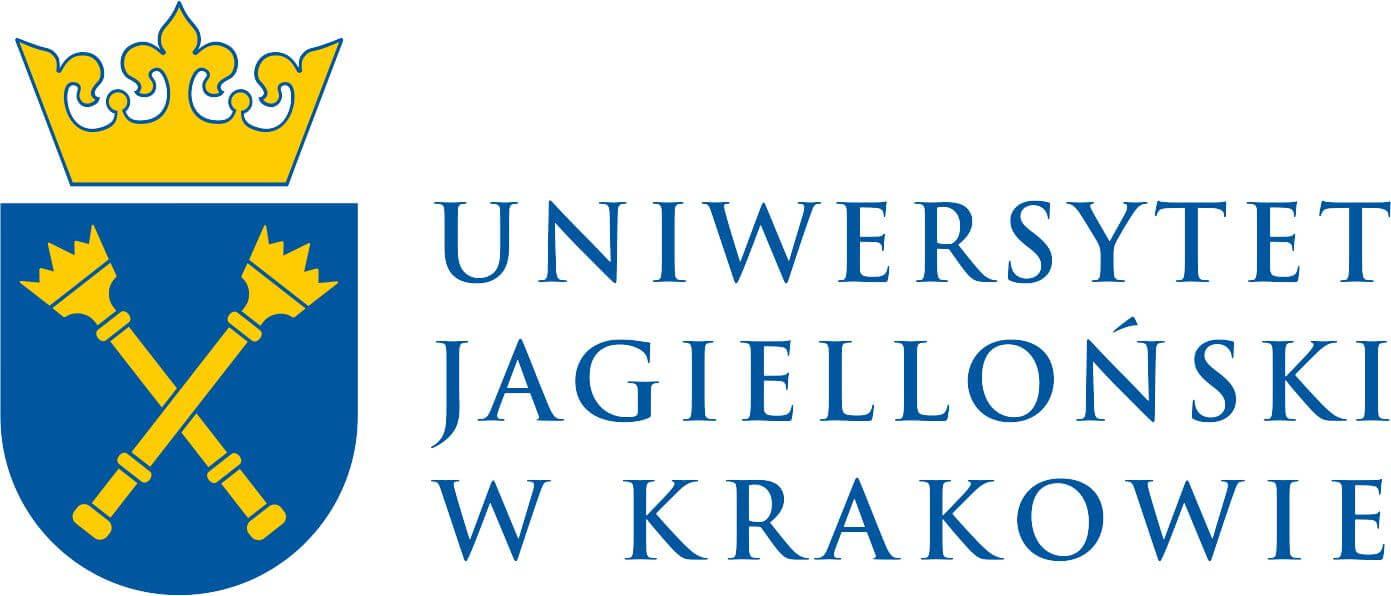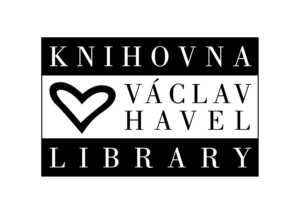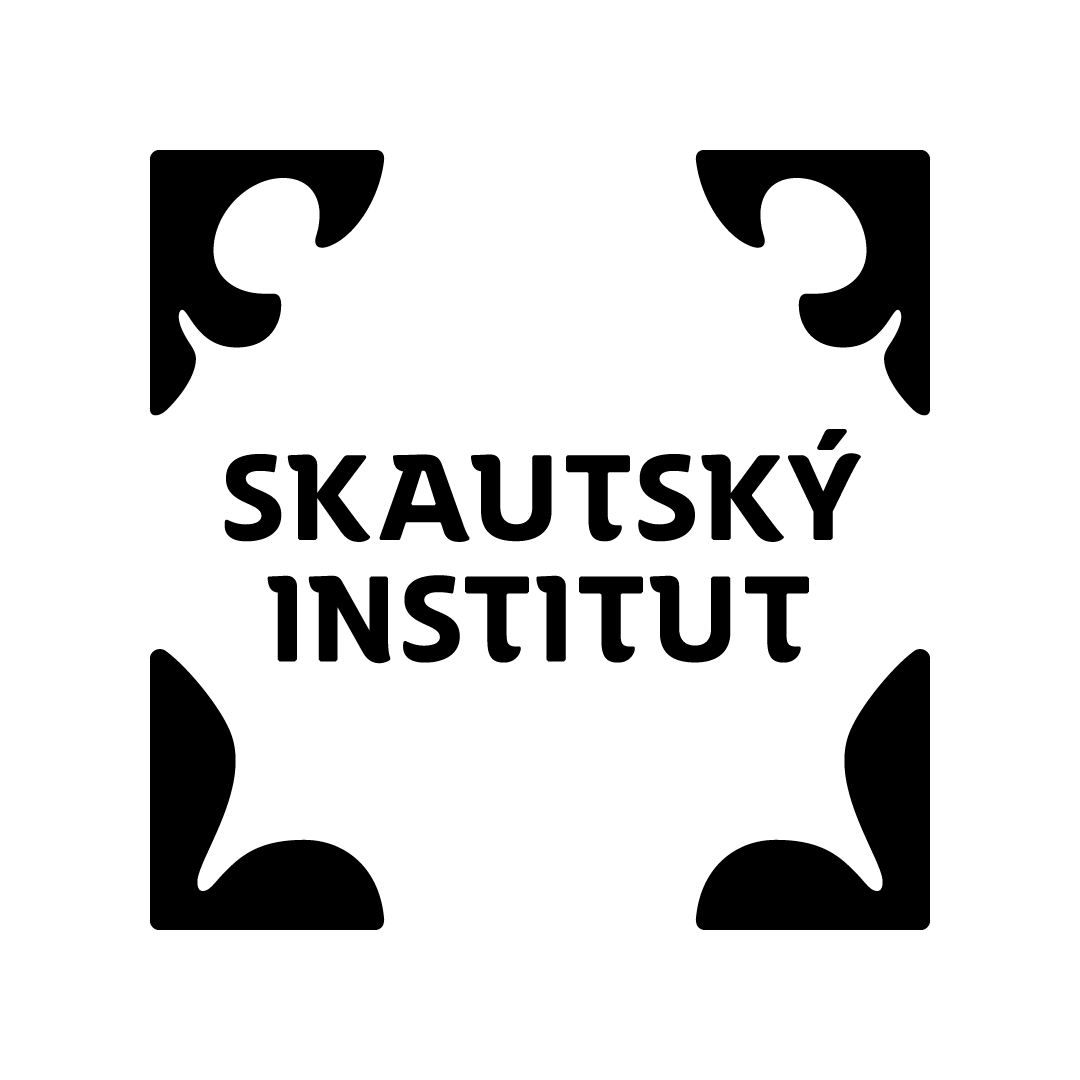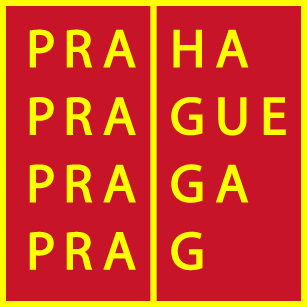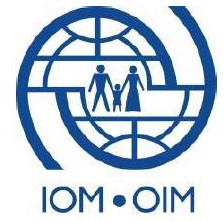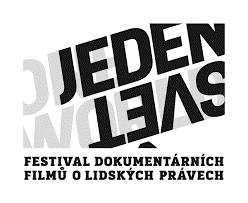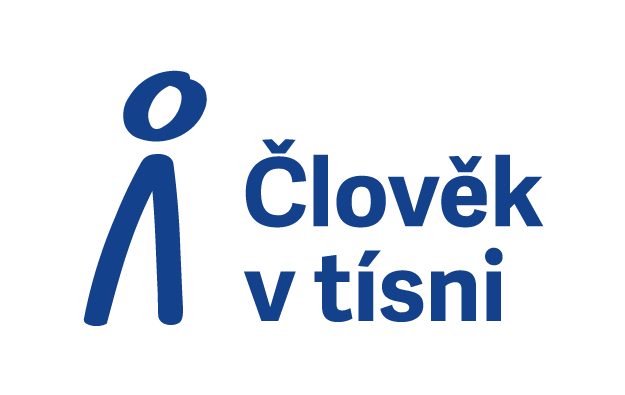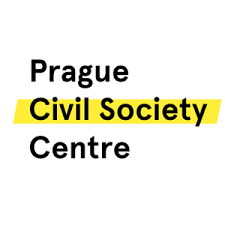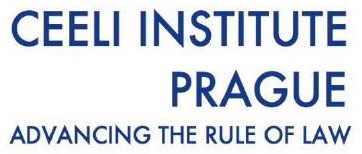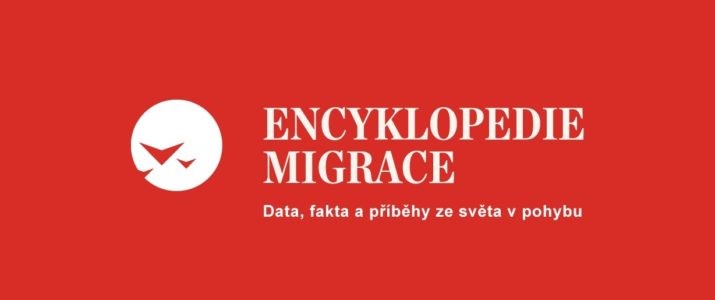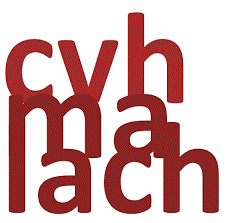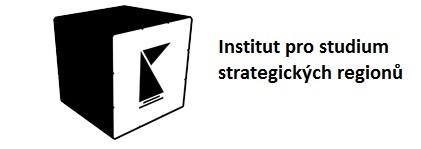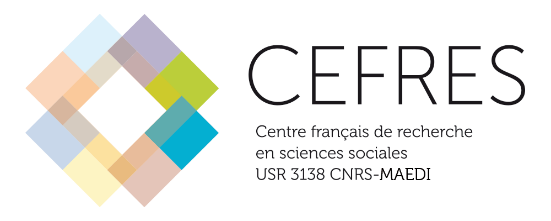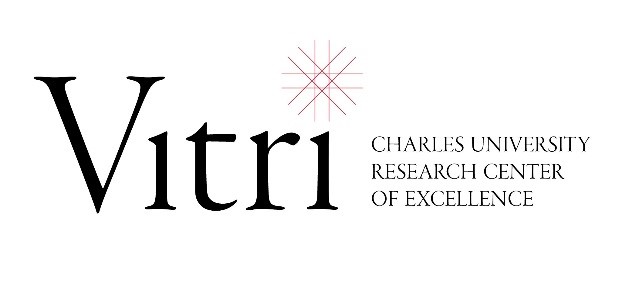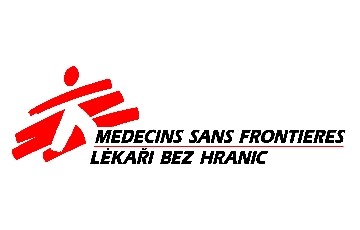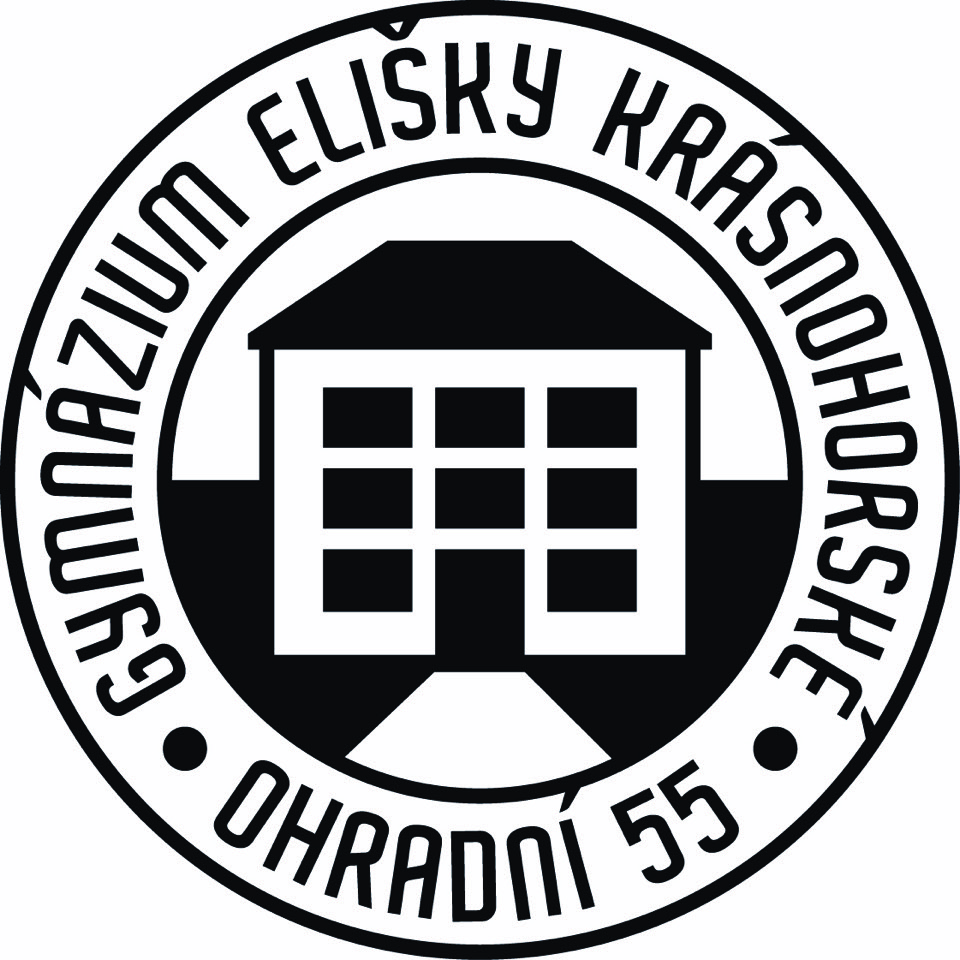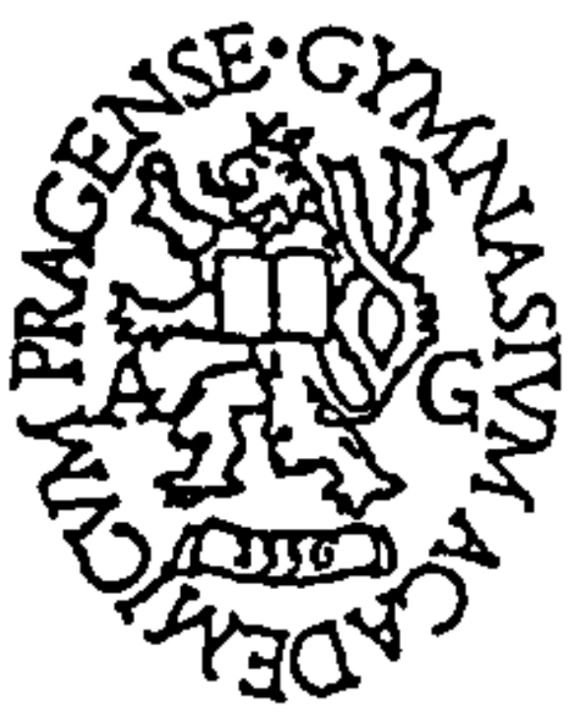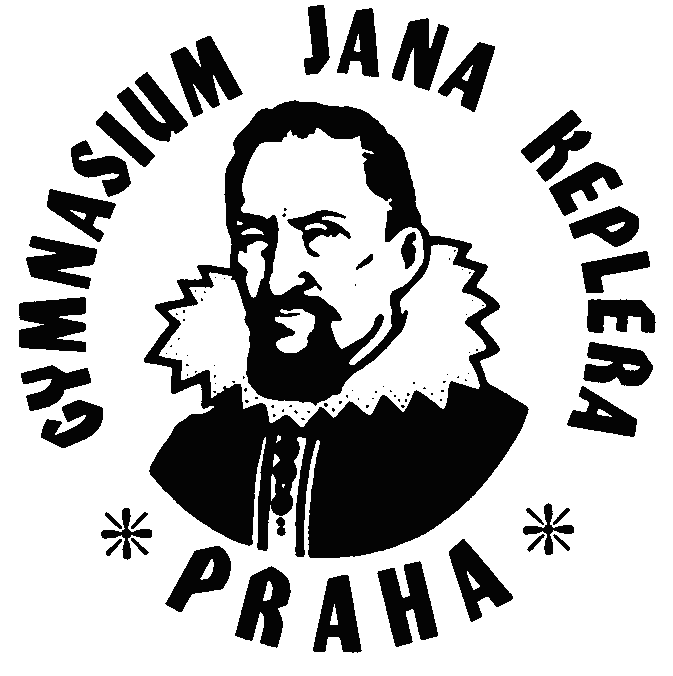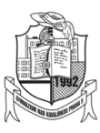General Information
General Information
Balkan, Eurasian and Central European Studies (BECES) is a two-year master’s programme that focuses on the modern history and current developments of Central Europe, the Balkan Peninsula, and the post-Soviet area (including the Caucasus and Central Asia). Students are given the opportunity to focus on either a single country or a whole region from a thematic angle, which could be history, culture, political development or environmental issues. In order to enhance their curriculum, students choose within two study tracks: Balkan and Central European Studies or Russian and Eurasian Studies.
In order to accomplish BECES, students must obtain 120 ECTS credits and pass a state exam. The curriculum is composed of seven compulsory courses (60 ECTS credits in total), compulsory courses for the specialization (24 ECTS), languages (12 ECTS), elective courses (at least 12 ECTS credits in total), and optional courses (maximum 12 ECTS credits).
A state exam comprises defence of the master’s thesis and an academic debate on a selected topic (beyond the thesis focus) with respect to Central Europe and the Balkans (for Balkan and Central European Studies) or with respect to Russia and the post-Soviet Area (for Russian and Eurasian Studies).
Course structure
|
Compulsory courses (common) |
60 ECTS |
|
Compulsory courses for Balkan and Central European Studies |
24 ECTS |
|
Compulsory courses for Russian and Eurasian Studies |
24 ECTS |
|
Foreign languages |
12 ECTS |
|
Electives (from a list) |
min. 12 ECTS |
|
Optional courses |
max. 12 ECTS |
|
Total |
120 ECTS |
STUDENT MOBILITY
As a student of Charles University, you can take advantage of a wide range of student mobility opportunities. The international activities available to you include study periods abroad lasting one semester or a whole academic year, practical placements, summer schools, and research trips abroad. The University is continuously striving to broaden the range of international activities on offer to students.
You can find all information about the student mobility opportunities here.


